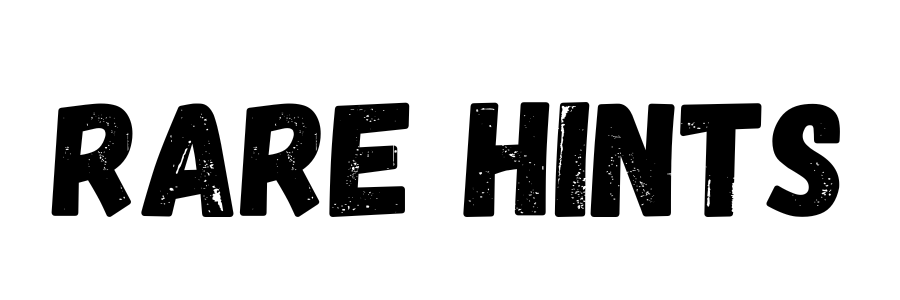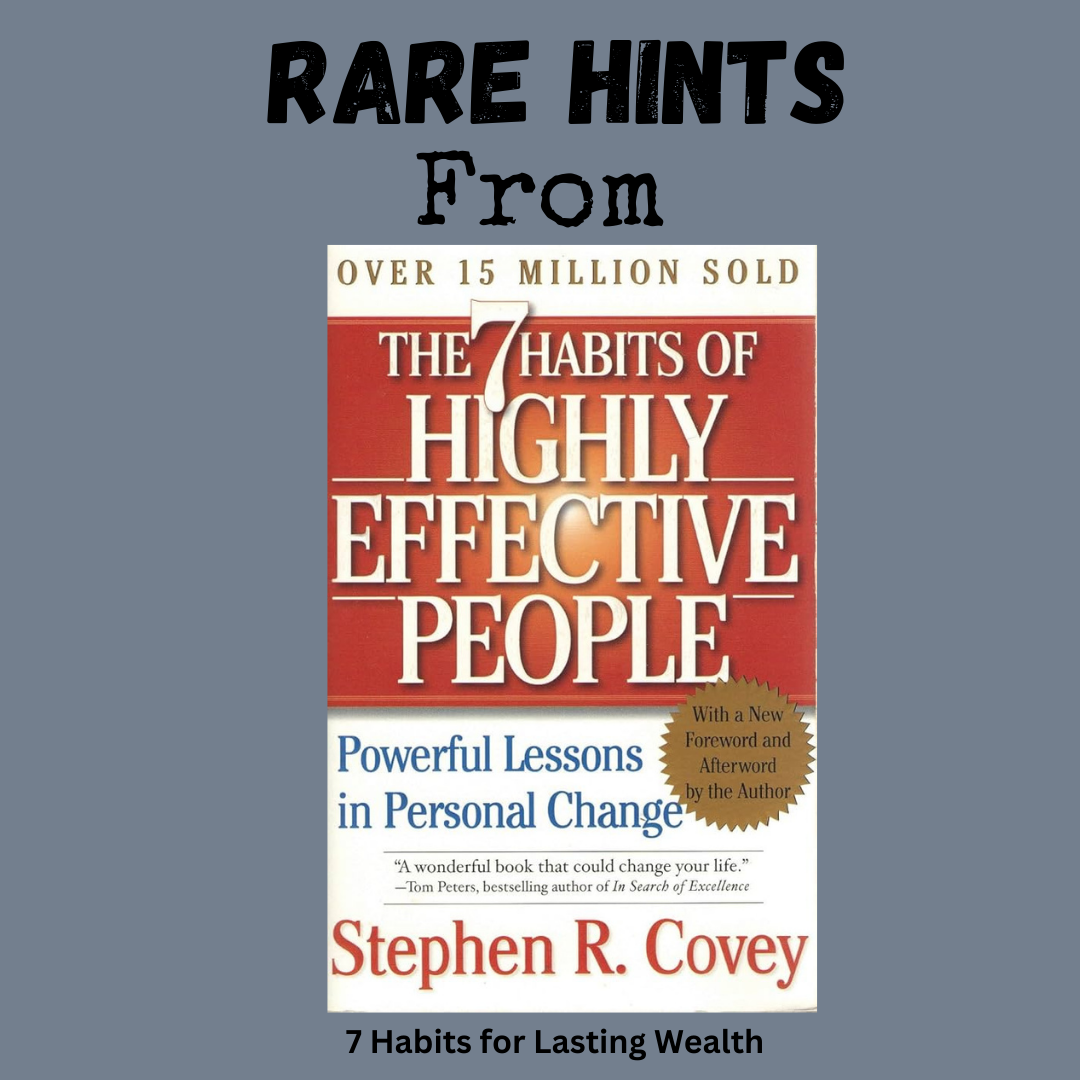Why You’re Feeling Stuck (And How to Fix It)
Ever felt completely overwhelmed by your finances?
- Your to-do list is endless—bills, investments, savings, side hustles.
- You know you should be making money moves, but you’re drowning in details.
- Despite all your effort, you feel like you’re running in place financially.
You’re not alone. Managing money in today’s fast-paced world can feel like an impossible juggling act.
That’s where David Allen’s Getting Things Done (GTD) comes in. This bestselling productivity system, used by CEOs, entrepreneurs, and high-performers, isn’t just about getting organized—it’s about freeing up mental energy to focus on what truly matters.
And when it comes to building wealth, a clear, focused mind is one of your most valuable assets.
🧠 The Core Idea: Stop Letting Mental Clutter Derail Your Finances
David Allen’s GTD method is built on a simple truth:
Your brain is for thinking, not for remembering.
Most people try to manage everything in their head—tasks, deadlines, ideas, financial plans. The result? Stress, decision fatigue, and missed opportunities.
💡 Why This Matters for Your Finances:
- You won’t forget important money tasks—like bills, investments, and tax deadlines.
- You’ll stop feeling overwhelmed and actually make consistent financial progress.
- You’ll think strategically about money, instead of just reacting to problems.
By creating a structured system for managing financial tasks, you can focus on wealth-building moves instead of wasting energy on mental clutter.
💰 Key Financial Lessons from Getting Things Done
1️⃣ Capture Everything (Stop Trusting Your Memory)
How many times have you thought:
- I need to pay that bill tomorrow.
- I should really look into investing in ETFs.
- Oh, I forgot to check my bank fees last month.
And then…you completely forget?
GTD’s first rule is simple: Write everything down. Immediately.
🔥 How to Apply This to Your Finances:
✅ Use a finance tracking app, notebook, or spreadsheet to capture money tasks.
✅ Whenever a financial idea hits (like “start a side hustle”), write it down immediately.
✅ Don’t rely on your brain to “remember” anything—use an external system.
2️⃣ Clarify & Organize Your Money Tasks
Once you’ve captured your financial to-dos, you need to break them down.
Example: “Open a Roth IRA” sounds simple, but in reality, it involves multiple steps:
- Research best brokerage accounts
- Compare fees & investment options
- Gather documents
- Set up automatic contributions
By breaking big financial tasks into smaller steps, you make them manageable and actionable.
🔥 Action Step:
✅ For every big financial goal, list the exact steps needed to complete it.
✅ Use categories like “Investments,” “Bills,” “Savings Goals,” “Debt Repayment.”
When everything is organized and clear, it’s way easier to take action.
3️⃣ Focus on the Next Action (Not the Whole Mountain)
One of GTD’s most powerful ideas is the “Next Action” principle:
Don’t focus on the entire project—just take the next small step.
If your goal is to save $10,000 this year, don’t get overwhelmed.
Your next action might be as simple as “Transfer $200 to savings this Friday.”
🔥 How to Apply This to Your Finances:
✅ Want to start investing? Open a brokerage account today—don’t worry about the rest yet.
✅ Want to reduce debt? Call your bank and ask about interest rate reductions.
✅ Want to increase income? Spend 10 minutes researching high-paying side hustles.
One small step today beats a perfect plan that never happens.
4️⃣ Schedule a Weekly Financial Review (The #1 Habit of Wealthy People)
GTD emphasizes the power of regular check-ins.
Instead of reacting to financial problems after they happen, successful people review their finances weekly and make adjustments before issues arise.
🔥 How to Create Your Own Weekly Money Review:
✅ Pick a set time each week (Sunday afternoon, Monday morning, etc.).
✅ Review your budget, bank balances, investments, and upcoming expenses.
✅ Adjust your plan based on new information (unexpected expenses, market changes, new opportunities).
Wealth isn’t built on luck—it’s built on small, consistent improvements.
5️⃣ Achieve a “Mind Like Water” (And Stop Money Stress)
David Allen describes the ultimate goal of GTD as having a “Mind Like Water.”
That means:
- You’re calm and focused, not overwhelmed.
- You trust your system to handle financial tasks—so you don’t stress over them.
- You’re making steady progress toward financial independence.
🔥 How to Get There:
✅ Use a capture system so you never forget financial tasks.
✅ Break down big goals into small, clear steps.
✅ Review finances weekly to stay on track.
✅ Let go of stress—trust your system and focus on building wealth.
🚀 How to Apply GTD to Your Finances Today
✅ Step 1: Set Up a Financial Task List—capture every money-related task in one place.
✅ Step 2: Organize and Clarify—break goals into small, actionable steps.
✅ Step 3: Identify Your “Next Actions”—focus on what you can do today.
✅ Step 4: Schedule a Weekly Money Review—stay ahead of your finances.
✅ Step 5: Trust Your System & Free Your Mind—so you can think strategically.
⚠️ Common Money Mistakes to Avoid
❌ Keeping financial tasks in your head instead of a system—causes stress & forgetfulness.
❌ Overcomplicating things—your system should be simple & easy to use.
❌ Skipping financial reviews—small money leaks turn into big problems if unchecked.
❌ Waiting for the “perfect time”—start small, take action today.
🎤 Your Turn!
👉 What’s one financial habit you’re committing to this week? Drop a comment below—I’d love to hear!
🚀 If this helped you rethink your money approach, share it with a friend who needs it!
Remember: Wealth isn’t about luck—it’s about having a clear system and taking small, consistent steps.







Leave a Comment